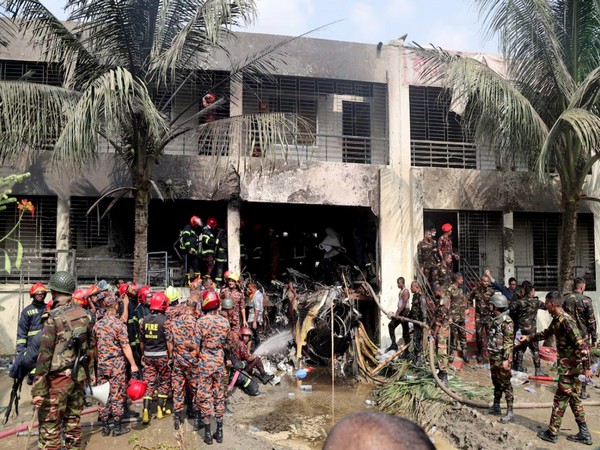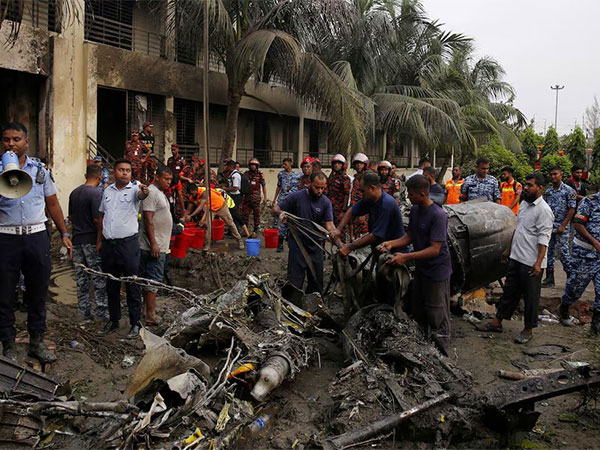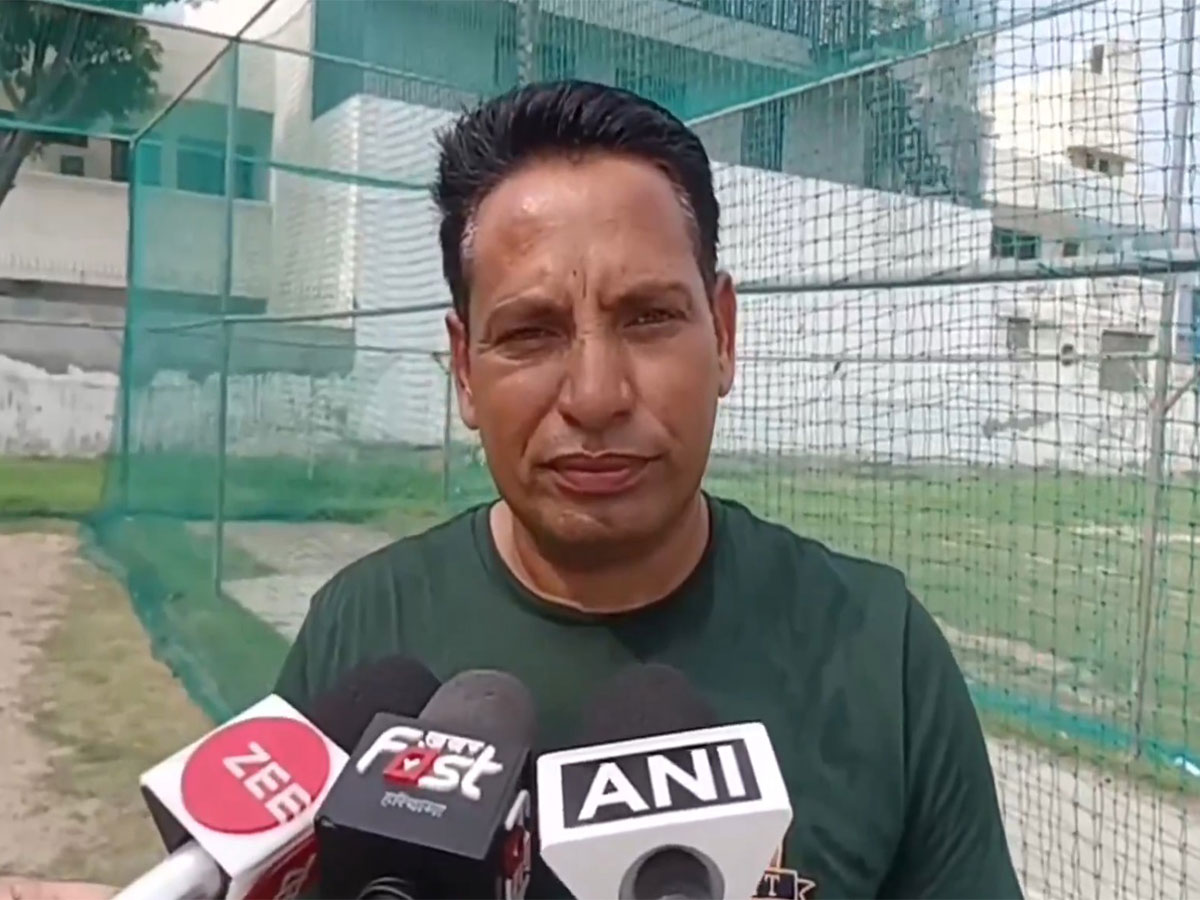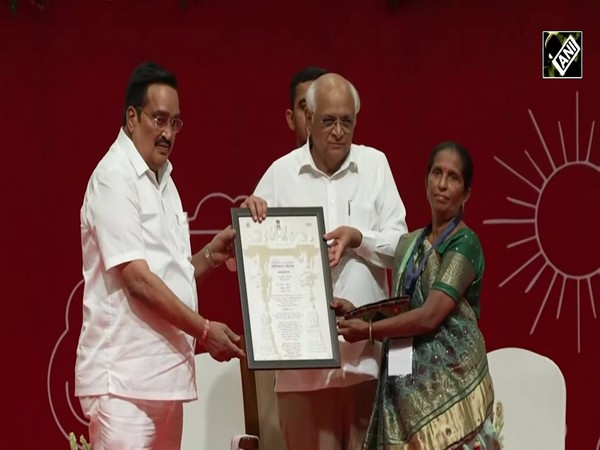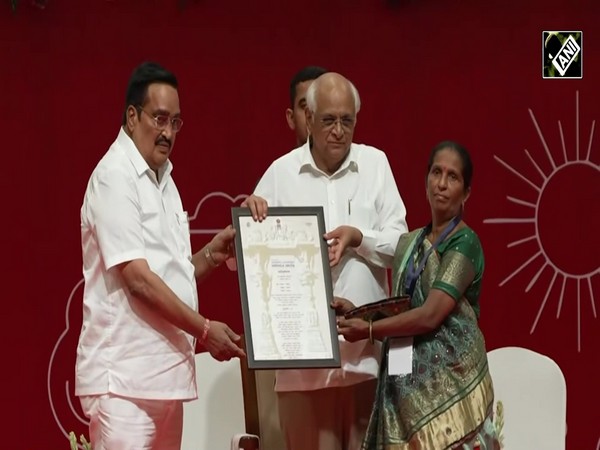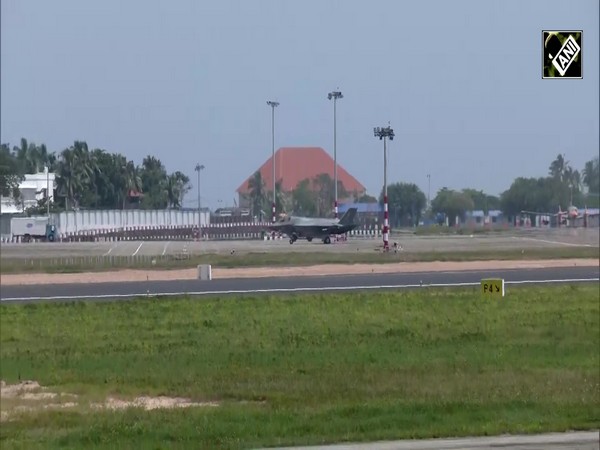Chinese Foreign Minister Wang Yi's Myanmar visit lent credibility to military regime
Jul 15, 2022

Beijing [China], July 15 : Critics say that the Chinese foreign minister Wang Yi's attendance at a regional meet in Myanmar lent credibility to the military regime.
Sanjay Pulipaka, an independent researcher on international politics and security issues, writing in Asia Times said that Wang Yi's visit was his first to Myanmar since the military coup on February 1, 2021.
In the first week of July, Chinese Foreign Minister Wang Yi visited Myanmar to attend the seventh Lancang-Mekong Cooperation (LMC) Foreign Ministers' Meeting.
The meeting was focused on promoting the "Solidarity of Peace and Prosperity" among the member countries, which are Cambodia, China, Laos, Myanmar, Thailand and Vietnam.
Wang Yi's visit came at a time when the Tatmadaw's legitimacy was being increasingly contested in domestic politics and on international platforms, reported Pulipaka.
Wang attended the LMC meet, perceived by opposition groups in Myanmar as an attempt to bolster the legitimacy of the Tatmadaw.
Moreover, a Tatmadaw spokesman reportedly noted that the "gathering was a recognition of Myanmar's sovereignty and its government."
It is well known that since the coup, the Tatmadaw has not been welcome at ASEAN leaders' meetings. However, the LMC Foreign Ministers' Meeting, by engaging the Tatmadaw leadership, demonstrated a continental-maritime divide among Southeast Asian countries in their responses to developments in Myanmar.
Given the growing dependence of the Tatmadaw on China for support on international platforms, Beijing is working to deepen its economic presence in Myanmar.
At this month's LMC meeting, Wang Yi called for promoting the construction of railways connecting China to Laos and Thailand, reported Asia Times.
It is possible that in the coming months, Chinese leaders will intensify their efforts to persuade Tatmadaw to facilitate the construction of the railway line from Kunming, China, to Kyaukpyu, Myanmar. Such a railway would dramatically enhance China's access to the Indian Ocean, said Pulipaka.
To start with, the Tatmadaw and the Chinese authorities are reportedly negotiating the modalities for constructing the Muse-Mandalay Railway project.
Railway connectivity to Mandalay also implies that Chinese goods will be able to reach Yangon Port much faster.
For China, Myanmar is also an important platform for the internationalization of its currency, the renminbi among member states of the Association of Southeast Asian Nations.
Last December, Myanmar and China agreed to settle their border trade in the renminbi.
On the sidelines of the LMC meeting, Myanmar Foreign Minister Wunna Maung Lwin and Wang Yi agreed to "explore the 'CMEC plus' cooperation at a proper time." Neither the timeline nor the components of expanding the China-Myanmar Economic Corridor have been articulated in full detail, reported Asia Times.
Interestingly, the discussions between the two ministers also dealt with the need to "guarantee the operation of China-Myanmar oil and gas pipelines." There are concerns in Beijing about sporadic attacks on Chinese business interests in Myanmar.
China is an economic power with significant military prowess and a permanent seat in the United Nations Security Council. It also has a robust presence in Myanmar's immediate neighborhood and in Southeast Asia's economic landscape.
There is a perception that Beijing has also been able to prevail on countries such as Cambodia to modulate the ASEAN response to developments in Myanmar.
A few days before Wang Yi's visit, Cambodian Foreign Minister Prak Sokhonn, ASEAN's special envoy to Myanmar, visited Naypyidaw and interacted with the Tatmadaw leadership and a few ethnic armed groups, reported Asia Times.


